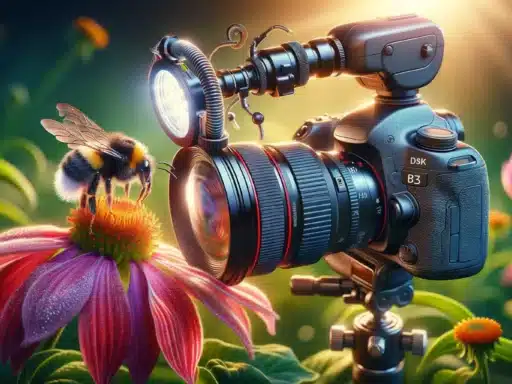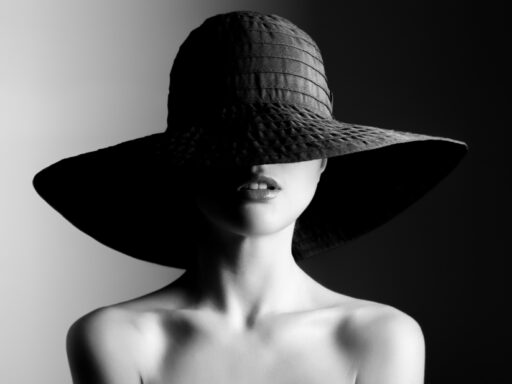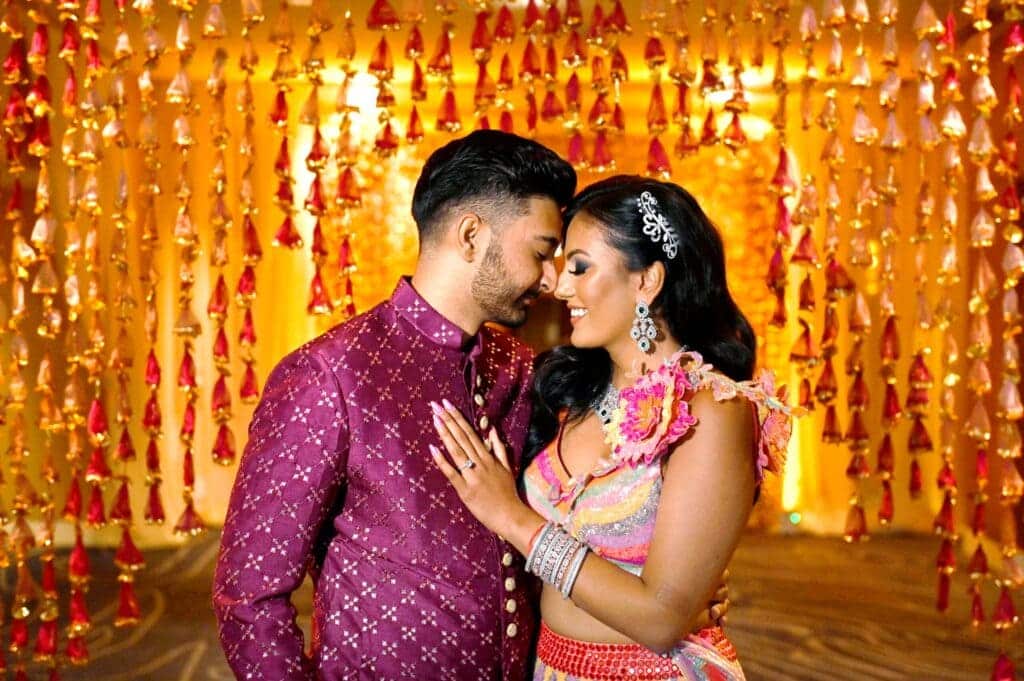
Indian weddings are all about vibrant décor, heavily embroidered dresses, many events, and a colorful beginning to “happily ever after.” This wedding style has become so popular that couples tend to incorporate Indian elements into weddings, from exchanging garlands to moving into circles. However, if a couple wants an Indian-style wedding theme, it means that they will probably style their attires, book a photographer, and choose a theme, all of which reflects the classic Indian wedding. Talking about photography, if you understand the budgeting related to wedding photography and have a profound knowledge of appropriate cameras, the next thing you need to know about is Indian wedding photography, its tips, and specific styles. So, let’s talk about this wedding style in detail.
Beauty of Indian Weddings
Wedding photography in India captures the true essence of events, recording every bit of its charm and grace. We can say that Indian weddings are a photographer’s dream come true since they are extravagant, vibrant, and rich in tradition. Beyond technical proficiency, capturing the spirit of these festivities necessitates cultural awareness and the capacity to foresee and capture unscripted moments. Let’s cover every facet of Indian wedding photography and videography for a comprehensive understanding.
Recognizing the Cultural Background of Indian Wedding Photography
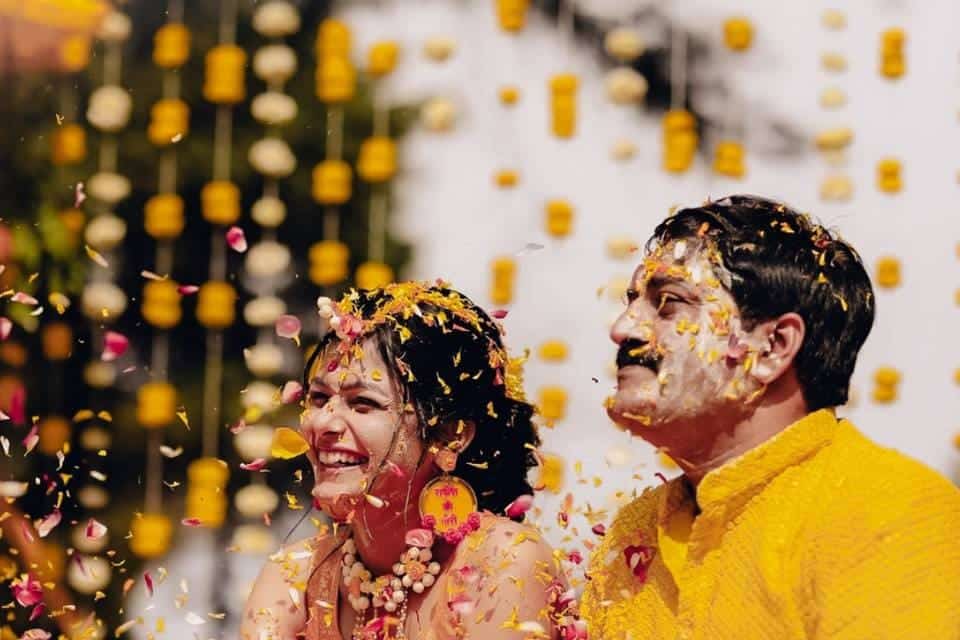
Pre-Wedding Photography in India
1. Engagement Ceremony: Frequently serving as an introduction to the wedding, it’s important to record the exchanging of rings and the happy exchanges between friends and family. It is important to note that Indian wedding photography and cinematography stand out due to vibrant, grand decor and emotional storytelling. So, it all begins with capturing the ring exchanging ceremony in its true essence.
2. Mehendi Ceremony: The bride’s hands and feet are adorned with elaborate henna designs that are both aesthetically pleasing and culturally meaningful. It’s crucial to get close-ups of the bride’s expressions and the mehendi treatment.
3. Sangeet: This lively celebration with lots of dancing and music is a great chance to get candid pictures of people having a good time. You can especially focus on recording the couple having the best time together to mark the vibrancy of Indian wedding photography.
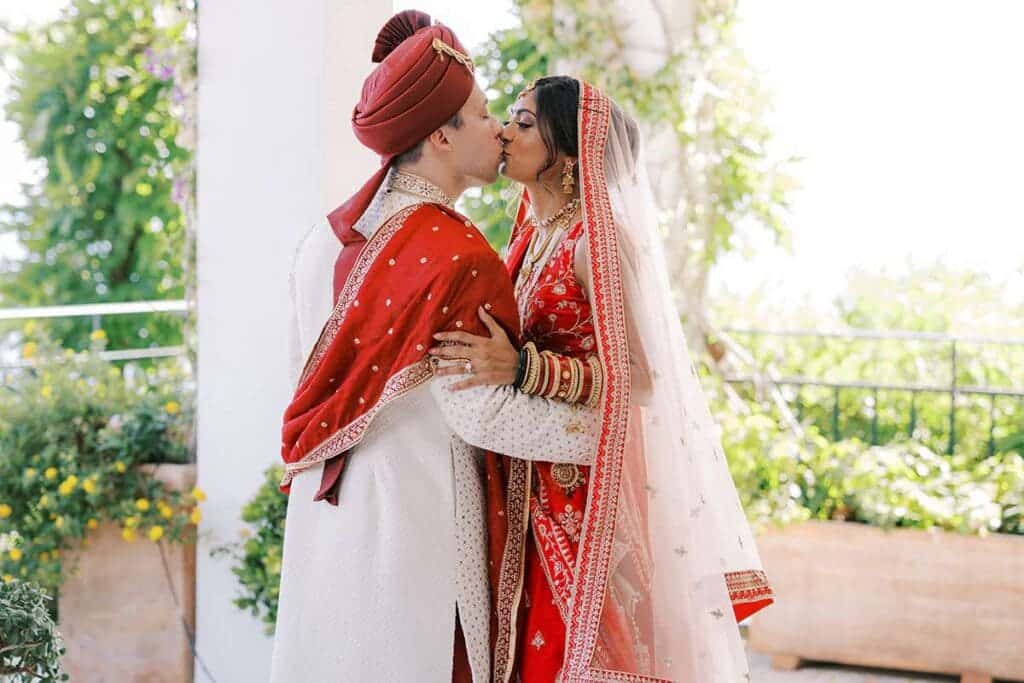
Wedding Day Rituals in Indian Wedding Photography
1. Baraat: There is music, dancing, and a lot of enthusiasm throughout the groom’s procession. Close-ups of the groom and his family, as well as wide-angle photos that document the entire procession, are crucial.
2. Kanyadaan: The moving scene in which the bride’s father proposes to her. It is essential to capture the bride, groom, and their families’ emotional emotions.
3. Pheras: The couple makes a circle around the sacred fire and exchanges vows of loyalty. It is important to have pictures of the couple, the fire, and the priest leading the ceremony. Capturing the bride and groom fits well in couple poses for Indian wedding photography. Although there is a huge assortment of cameras available in the market, the Canon Mark II stands out for recording the emotional tale of love with its low light performance, reliable autofocus, and whatnot in Indian-style wedding photography.
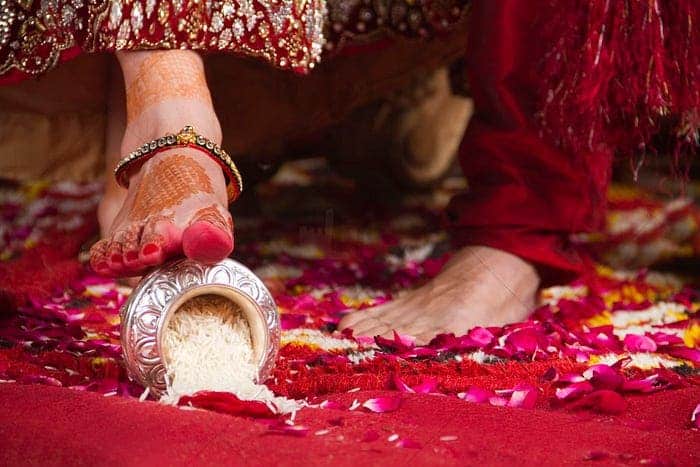
Post-Wedding Rituals in Indian Wedding
1. Vidaai: Every affordable Indian wedding photography package includes the capturing of vidaai, which is no doubt the most emotional turn of events. It is the tearful send-off when the bride departs from her parents’ house. Capturing heartfelt farewells requires compassion and ability because this is a very emotional occasion.
2. Reception: Usually a lavish celebration to the end of the event and start of a new relationship, it’s important to record the couple’s first dance, speeches, and guests having a good time.
Essential Tips for Indian Wedding Photography
1. Establish a Good Relationship with the Couple and Families
It’s critical to understand the couple’s tastes and expectations fully. Have a meeting with them prior to the wedding to talk about their preferences for images and their vision. Having a solid rapport with them guarantees that they feel at ease, which results in more expressive and natural shots. Additionally, controlling expectations and travel expenses can be facilitated by an advanced discussion of the wedding photography packages.
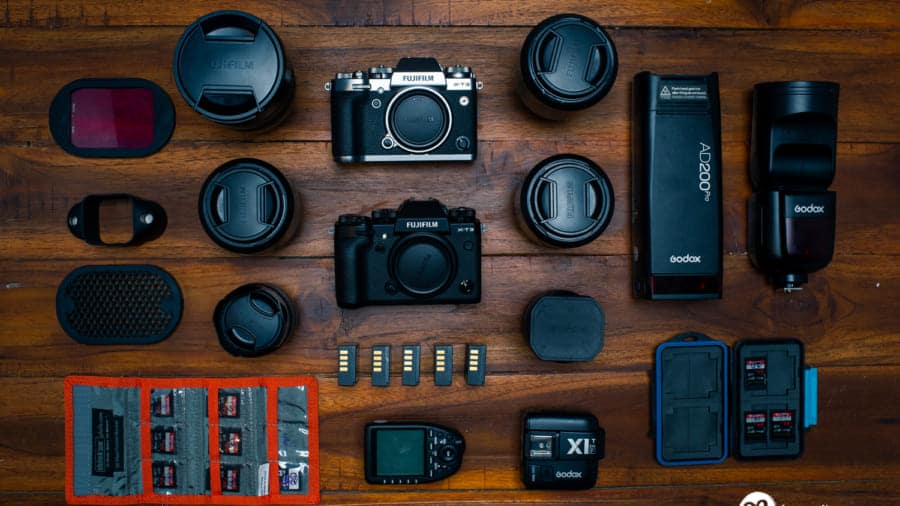
2. Get your Hands on the Right Gear for Indian Wedding Photography
Indian weddings can take place over a few days in a variety of settings with different lighting.
Make sure you have:
- A full-frame DSLR or mirrorless camera with good low-light capabilities, such as the Canon 6D. Such cameras are ideal for Indian wedding candid photography.
- A range of lenses, such as telephoto, prime, and wide-angle.
- External flashes and lighting apparatus for spaces with low lighting.
- Extra memory cards and batteries to manage the wide coverage.
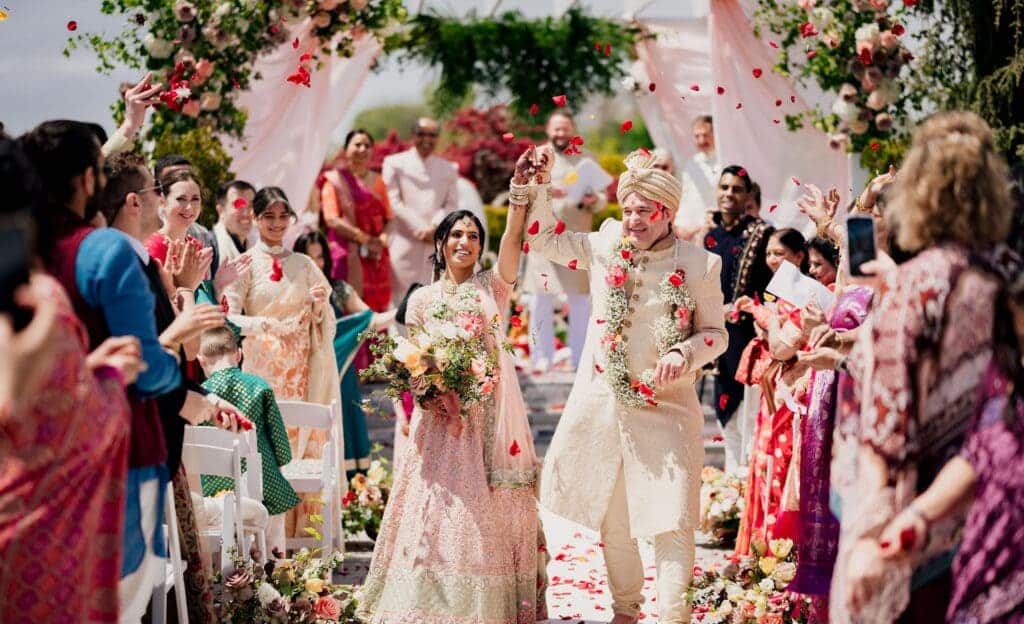
3. Develop Your Candid Photography Skills
Indian weddings are full of unplanned events. Keep an eye out and be prepared to take unscripted pictures of people laughing, crying, and interacting to capture the mood of the day. But having a carefully considered photography package can also guarantee that these moments are caught by a pro.
4. Focus on the Details
Indian weddings are lavish in every way, from the ornate decorations to the exquisite jewels. Your picture story will have more depth if you include close-ups of the bride’s jewels, henna, and bridal decorations in the wedding ceremony. This will add depth to your photography.
5. Capture the Bright Colors of Indian Wedding Photography
Vibrant colors are a hallmark of Indian weddings. Make sure your settings accentuate, without going overboard, the richness of the clothing and decorations. Colors can be enhanced with post-processing while keeping a natural appearance. While editing is important, it’s even more important to get the colors just right during the wedding ceremony.
6. Expect Key Moments
Knowing the flow of events enables you to prepare for and anticipate significant occasions like the sindoor application, the garlands exchange, and the first look.
7. Use Natural Light for Indian Wedding Photography
Even while it’s not always essential, natural light can give your pictures a dreamy, romantic air. For optimal results, schedule outdoor photographs during the golden hour and use window light for portraits. As grand as wedding photography in India is, using golden hour will suit the theme.
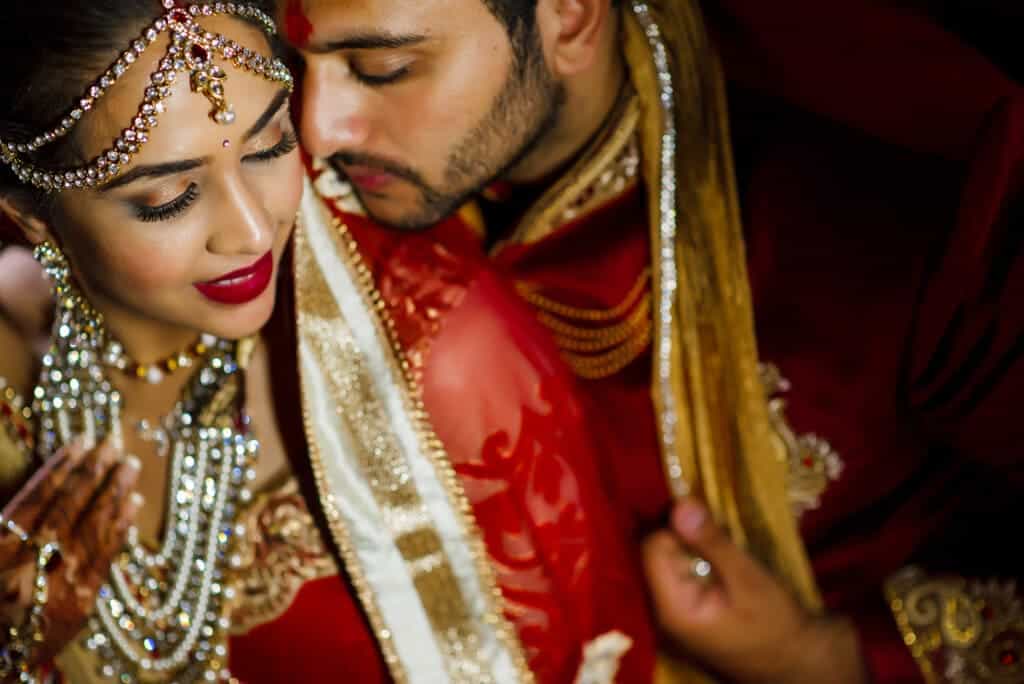
Common Photography Styles for Indian Wedding
1. Classic Traditional Photography
This photographic style makes sure that every significant occasion is captured by emphasizing set pictures and routines. It might not be as spontaneous as candid photography, but it makes sure that every important part of the wedding is documented.
2. Unscripted and Candid Photography
Since it captures spontaneous events and real feelings, candid photography has grown in popularity. With the subjects unaware of the camera, it captures the pleasure, laughter, and tears of the wedding in a way that conveys a more genuine story.
3. Creative Photography
In order to produce visually striking photos, this style combines inventive compositions, unusual angles, and the use of light and shadow. It frequently consists of dramatic, romantic portraits, wide-angle images of the location, and close-ups of minute details.
4. Cinematic Photography
Cinematic photography takes its cues from film and employs sophisticated methods such as slow motion, dramatic lighting, and wedding drones to create a mood straight out of a storybook. The goal is to make the couple appear like stars in their own wedding film. You can use the best quality drone for Indian wedding photography.
5. Photography in Black and White
Removing the color can give the pictures a timeless, classic feel. It highlights facial expressions and emotions, which makes it an effective tool for documenting private moments.
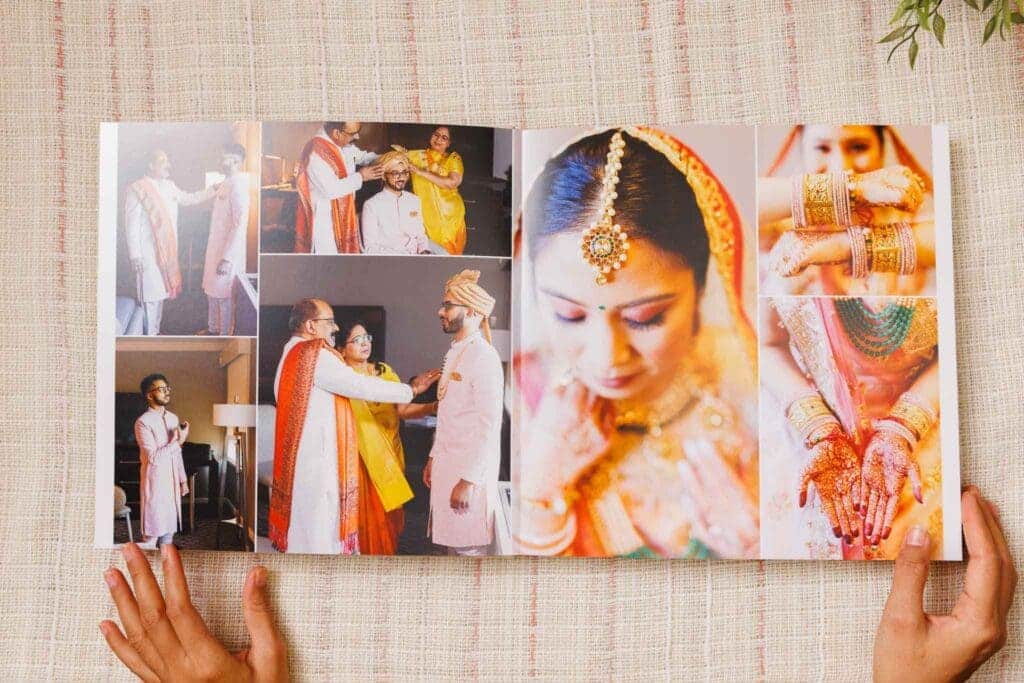
Crucial Photos to Add in Indian Wedding Album
Bride and Groom Getting Ready
- Bride’s Makeup and Attire: Take close-ups of the bride’s hair, makeup, and clothing as she gets ready to document her transformation. This cinematography will add an exquisite touch to the wedding photos.
- Groom’s Preparations: Record notes on the groom’s attire, interactions with friends and family, and other preparations.
Families and Friends
- Group Photos: Make sure you take group shots with friends and family; the couple will likely treasure these.
- Emotional Interactions: Capture the couple’s and their loved ones’ embrace, crying, and laughter.
Highlights of Wedding Day in Indian Photography
- Vows and Rituals: Carefully considered and emotively documented should be used for each ritual and vow.
- Expressions: Pay attention to the couple’s and their families’ reactions at significant junctures.
Reception and Celebration
- First Dance: The first dance between a couple is a magnificent occasion that has to be documented from several perspectives.
- Speeches and Toasts: Record the moving speeches and toasts, paying particular attention to the couple’s reactions and the speaker’s gestures.
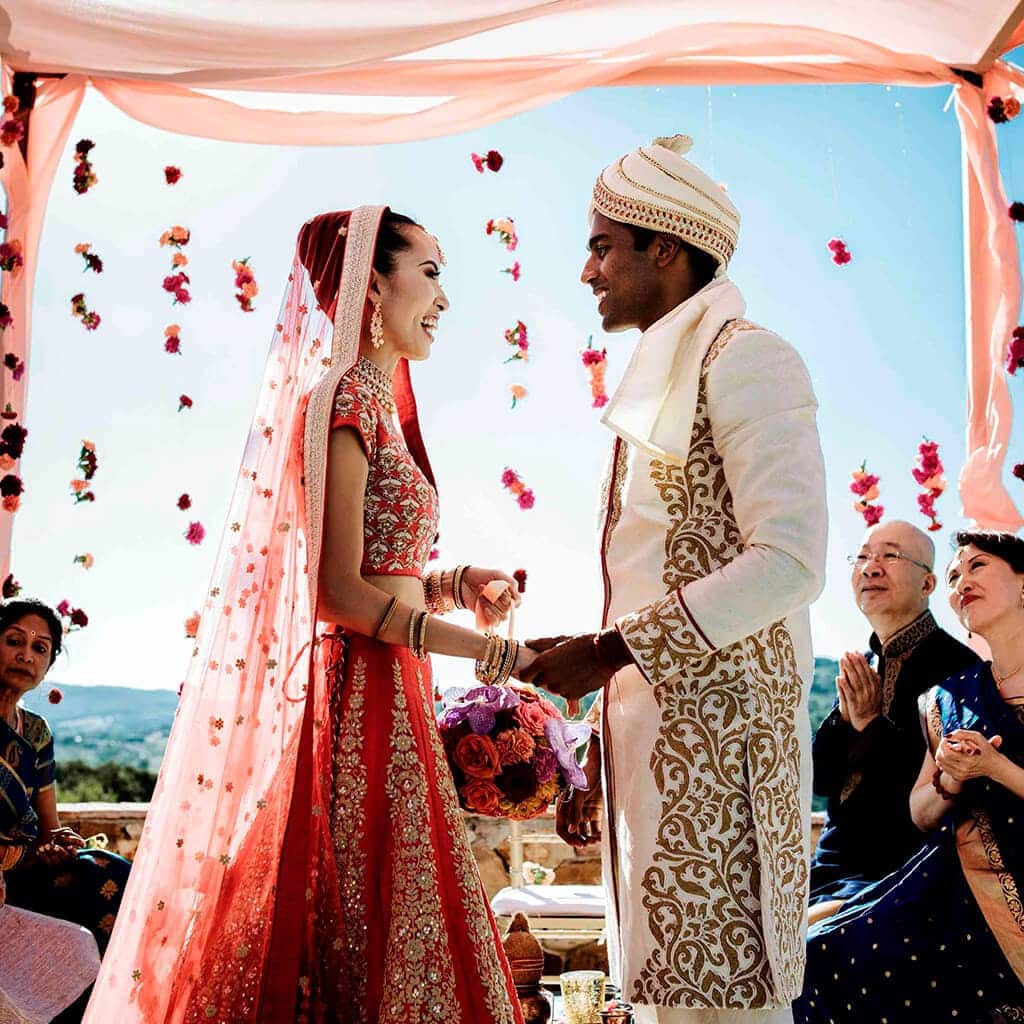
Post-Processing Tips in Indian Wedding Photography
1. Color Adjustment
Because color is so important in Indian weddings, ensure the hues are lively and true to life. Adjust the white balance to remove any color casts from artificial lighting.
2. Retouching
Although preserving a natural appearance is crucial, a small amount of editing can improve the photos’ overall quality. Even out skin tones, minimize background noise, and eliminate any eye-catching characteristics.
3. Making a Unified Album
Organize the images so that they tell a coherent narrative. Proceed from the pre-wedding customs to the ceremony and reception. To construct a well-balanced story, combine staged and candid photos. Professional wedding photographers, such as a Washington DC wedding photographer, frequently employ this technique to make sure the finished album is coherent and presents an engaging narrative.
You can check out qualities that you should look for in a skilled photographer in Sultana’s article.
Conclusion
Summing up, the article covered details on Indian wedding photography essentials. If you admire extravagant weddings, you can simply opt for such a wedding theme, hire a photographer accordingly, and seize every moment.


